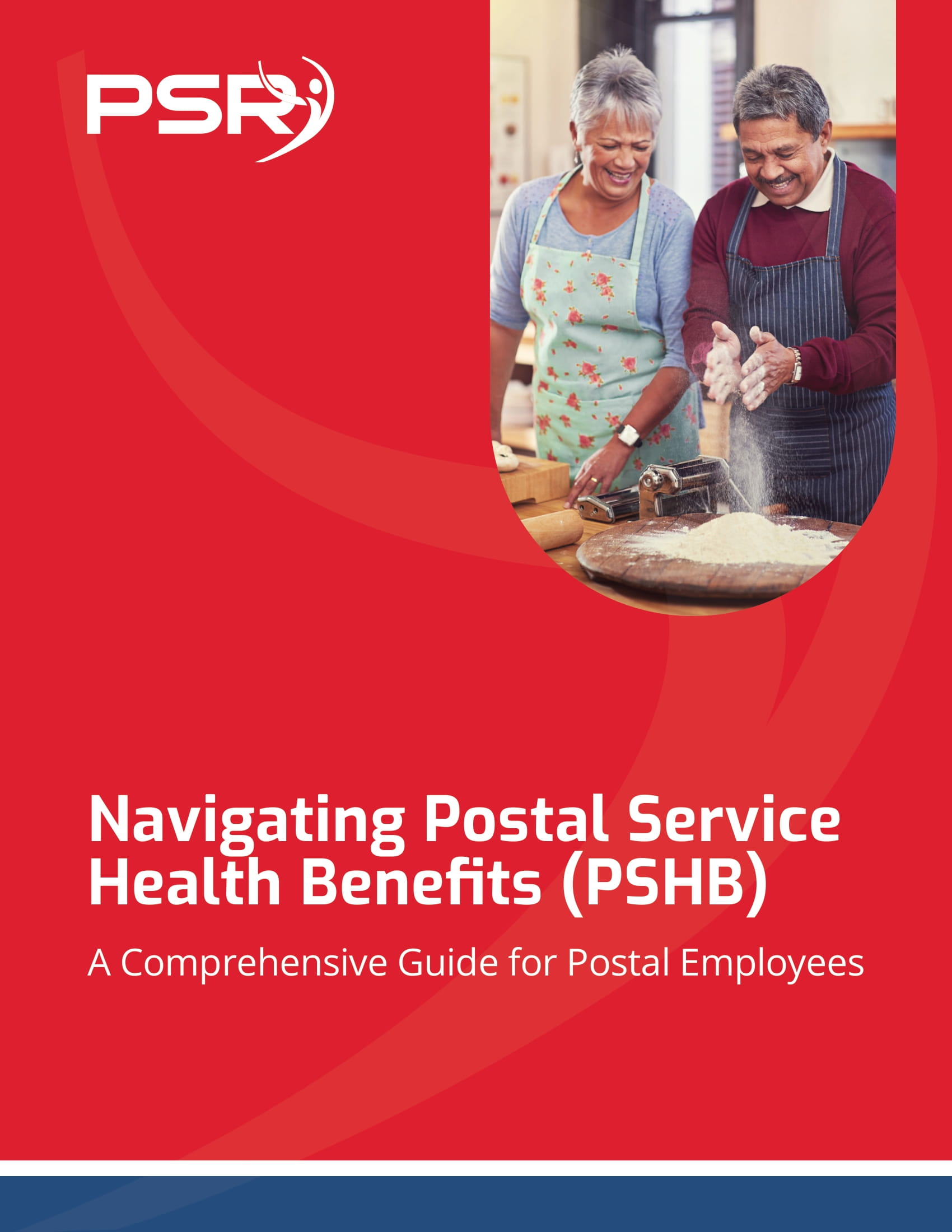Most people’s visions of retirement don’t include lazy days on the beach in their favorite pair of flip-flops. For the vast majority of Americans, the most stressful aspect of their finances is the process of preparing for retirement.
Many people discover their retirement years are more financially difficult than they imagined. Owing to the ever-increasing costs of medical care, many seniors find that they need more money than they expected to cover their basic living expenses, including housing, food, and transportation.
Furthermore, many people make the mistake of putting aside a meager amount for retirement and instead rely on Social Security
- Also Read: Divorce and Your Federal Pension—What Happens When You Split Assets and How It Could Affect Your TSP
- Also Read: What Happens to Your Federal Benefits After Divorce? Here’s the Lowdown
- Also Read: The Best FEHB Plans for 2025: Which One Fits Your Lifestyle and Budget the Best?
Delay Retirement
After decades of worrying about retirement savings, people in their 30s and 40s still have time to make a difference. However, the situation may be more problematic for you in your late 50s or 60s. In that case, extending your existing work by a few years is an alternative worth considering.
There are a few significant advantages to delaying retirement for even a year. You need not be concerned about instantly wasting your money. After that, you’ll be able to continue contributing to your savings. Finally, you’ll have the option of delaying filing your Social Security claim, allowing you to get a larger monthly payout and improve your overall income.
Saving and planning for your retirement years is critical so you don’t have to scrape by after a lifetime of hard work. If you are concerned about an income gap, take these crucial steps to enhance your financial future and retire with more confidence.
Life Insurance Coverage
Some choices exist if you’re worried that rising health care costs may deplete your retirement funds. Consider purchasing long-term care or other life insurance forms to safeguard your savings. Find out more about your options by talking to a financial advisor.
According to the AARP, you should consider long-term care options around the age of 45 to 50. And if you intend to purchase it, strive to do it by age 65 to balance expenses and benefits.
Health savings accounts (HSA) may be an option for those in high-deductible health plans, in addition to paying for extra insurance. HSAs, similar to IRAs, allow you to invest pre-tax funds. HSA contributions can be withdrawn tax-free if utilized for eligible medical expenses. As a result, HSAs are particularly well adapted to building funds over time for future medical bills.
Increase the percentage of your 401(k) or IRA contributions
You may contribute $4,000 to your IRA or $8,000 to your 401(k) each year (k). If you fear falling behind on your savings, you should try to catch up, even if it means temporarily putting an extra $20 per month into your retirement plan.
It will benefit you more if you can save additional money on top of what you already have. To accomplish this aim, go over your financial plan and select which costs you are willing to cut.
The sacrifice required will most likely be difficult. Consider this: would you rather retire and be forced to spend all of your time inside due to a lack of amusement, or be able to take a modest trip over the following few years?
Invest Your Savings
You shouldn’t just leave the money in your IRA or 401(k) account alone. Instead, invest that money to grow it into a larger sum over time – this is especially important if you’re already falling behind on your savings goals.
If you have an IRA, you should invest in stocks rather than bonds because stocks tend to gain quicker than bonds. Because you usually cannot purchase individual stocks through a 401(k), broad market index funds are an ideal alternative to consider if you have one of these retirement savings accounts.
Don’t let your worries about retirement get the best of you
Everyone finds change difficult, and transitioning from working to not working is a significant concern. Many people have worked since their teens and understand how to manage a consistent influx of revenue. We’re talking about years of consistent behaviors and a way of life. The transition will almost always cause anxiety on a human and psychological level. Will I run out of money if my paychecks stop coming in? What will I do after my career and steady income cease? So, it’s normal that the adjustment will cause anxiety.
Worry comes in a variety of flavors. It exists for a variety of reasons. As you might expect, money is the basis of this phobia. The irony is that money may be a symptom or, at the very least, a symbol of the real issue.
Consulting with a financial advisor and devising an action plan may be the most effective strategy to alleviate retirement resource concerns.
There’s a lot of excitement and fear of the unknown when thinking about retirement. However, retirement is far more than a goal or a destination; it’s the start of a new journey.
Findings from Edward Jones show that preparing for this new journey consistently improves retirees’ quality of life in retirement, even in the face of a global health crisis.
Contact Information:
Email: [email protected]
Phone: 7705402211
Bio:
Mack Hales has spent the past 4 decades helping clients prepare for retirement and manage their finances successfully. He also works with strategies that help clients put away much more money for their retirement than they could in an IRA or even a 401k. We involve the client’s CPA and/or their tax attorney to be sure the programs meet the proper tax codes.
Mack works with Federal Employees to help them establish the right path before and after retirement. The goal is to help the client retire worry-free with as much tax-free income as possible and no worries about money at risk of market loss during retirement.
Mack has resided in Gainesville, GA since 1983, so this is considered home. Mack is married to his wife of 51 years, has two boys and five grandchildren.
Disclosure:
All materials contained in this article are licensed for use by Bedrock Financial Services, LLC and are the property of Bedrock Financial Services, LLC. Copyright and other intellectual property laws protect these materials. Reproduction or altering, distributing, copying or reproducing these materials is prohibited, without the express written consent of Bedrock Financial Services, LLC. Reproduction of the materials, in whole or in part, in any manner, without the prior written consent of the copyright holder, is a violation of copyright law of the United States. (17 U.S.C. 101 et seq.)












